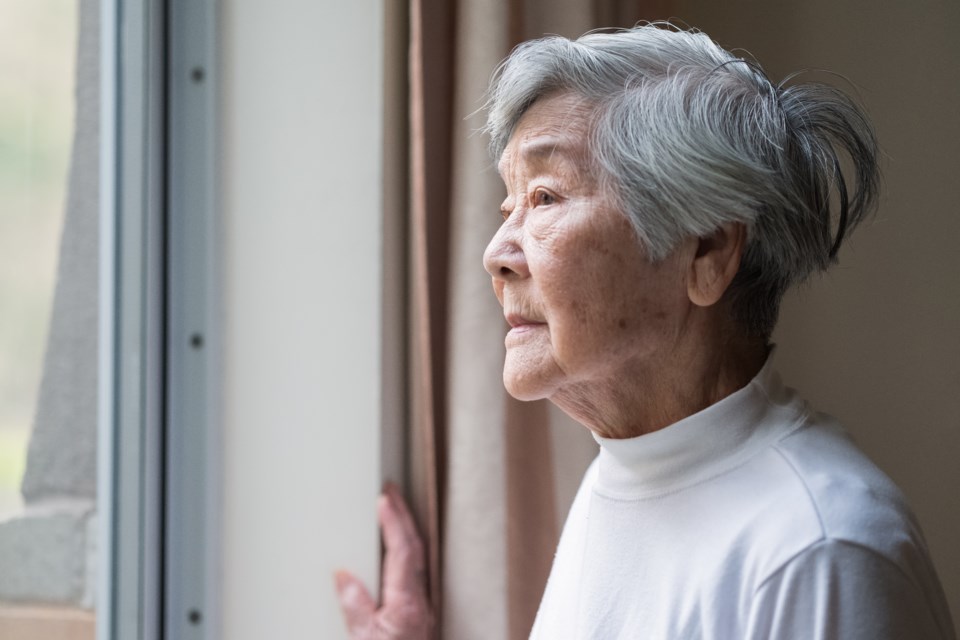The husband of a Kamloops woman who was jailed this week for neglecting a disabled woman in her care says more checks and balances are needed for live-in caregivers.
Dawn Brush, 55, was sentenced on Monday to 18 months in prison after earlier pleading guilty to one count of failing to provide the necessities of life.
Brush was a live-in caregiver for the woman, who required 24-hour care, since 2006. The woman lived in the home Brush shared with her husband.
Court heard Brush stopped providing adequate care for the woman in about 2017. She forged prescription records and was only caught in 2019, when the woman’s doctor requested an examination and found she was severely emaciated.
Court was told Brush was working for an agency affiliated with Community Living B.C.
Dale Brush told Castanet Kamloops he wants more safeguards in place to make sure patients and caregivers are protected in the future.
“My biggest concern with the whole court case is Dawn was monitored by a company that came in every six weeks,” he said.
“My view is that, had this monitoring company been doing their job and their due diligence, it wouldn’t have come to what it came to. Why they didn’t, I don’t know.”
Supervisors did pay a visit to the Brush household in the spring of 2019, not long before the disabled woman was admitted to Royal Inland Hospital. Court heard Dawn Brush placed a blanket on the woman to hide her illness.
Dale Brush said he’s not looking to make excuses for his wife.
“In no way am I taking the blame away from my wife, nor do I condone what she did,” he said.
“Obviously she wasn’t doing her job, but she was monitored by health nurses that come into the house every six weeks. I was there when they came in and, basically, their biggest concern was the paperwork — ‘Oh, the paperwork’s done so you must be doing OK. Looks good.’”
Brush said he believes a number of factors combined to allow the victim of his wife’s offending to slip through the cracks. Court heard the woman made a full recovery. She is doing very well and currently living in a group home.
“I think when people are going in and are paid to monitor, they need to do a diligent job and not just make sure that the paperwork is being done,” he said.
“I wasn’t aware of it, but Dawn obviously proved that paperwork could be changed. But as long as they saw it, that was fine for them — it was done.”
An unanswered question that came up multiple times in court was why. Brush said he’s at a loss just like everyone else.
“I wish I had an answer for that, and I don’t either,” he said.
“I’m not a doctor, I’m not a psychiatrist. I wish I had an answer for her and I wish I had an answer for myself, but I don’t.”




